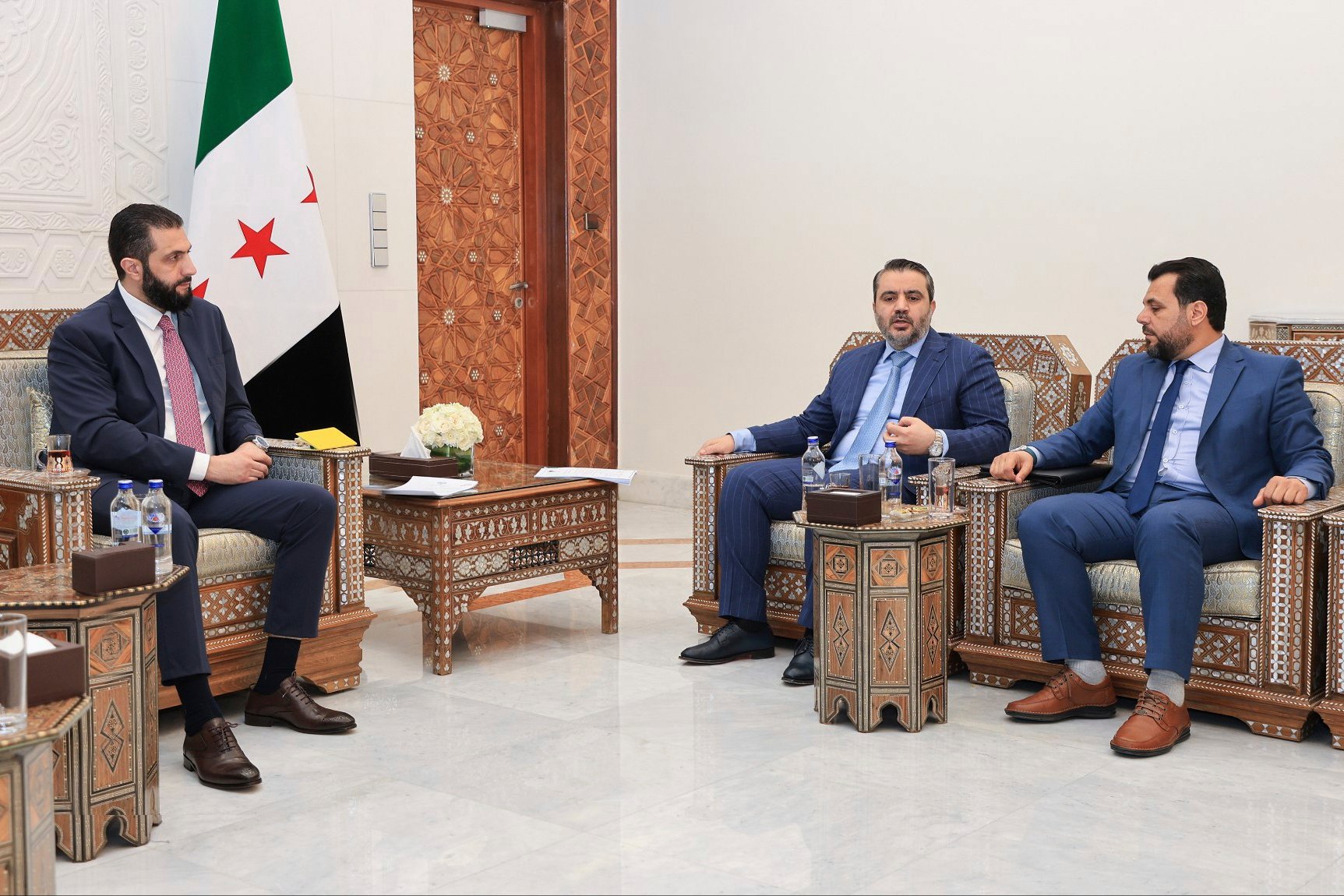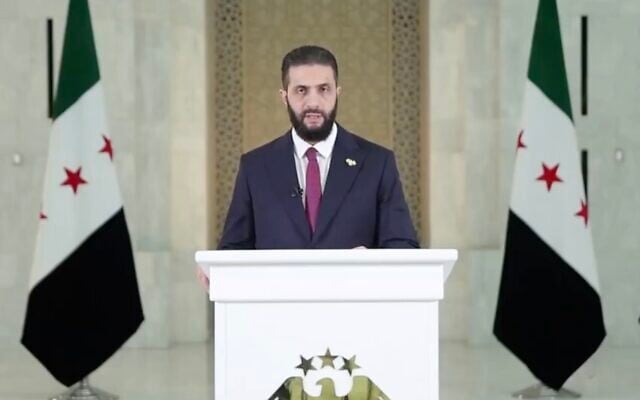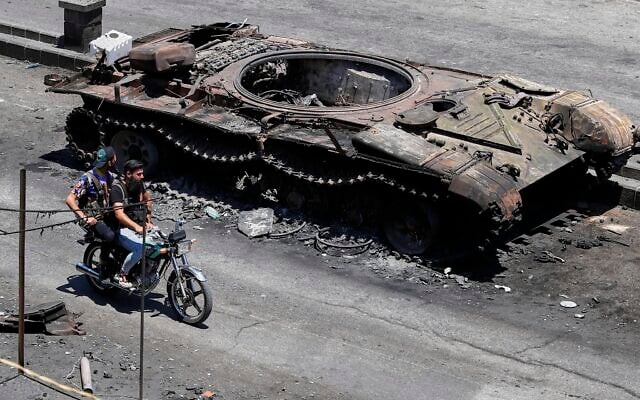



Syria will hold its first parliamentary election under the new administration in September, the head of a body tasked with organizing the election process told state media Sunday.
Mohammed Taha al-Ahmad, chairman of the Higher Committee for People’s Assembly Elections, told state news agency SANA that elections will take place between September 15 and 20.
In June, a presidential decree established the 10-member committee to supervise the formation of local electoral bodies to select a new batch of lawmakers.
The elections will be the first to take place under the country’s new provisional government led by President Ahmed al-Sharaa, who rose to power after the fall of Bashar al-Assad, in a lightning rebel offensive in December.
The government recently amended its electoral laws, enlarging the parliament from 150 to 210 seats. One third of the 210 seats will the appointed by Sharaa, with the rest to be elected.
In a recent interview with the Erem News site, another member of the elections committee, Hassan al-Daghim, said an electoral college will be set up in each of Syria’s provinces to vote for the elected seats.

The government has pledged broad representation and said it will allow foreign observers to monitor electoral committees overseeing the vote.
Officials said areas outside government control, including Kurdish-held regions in northern Syria and the Druze-majority province of Sweida, would continue to have seats allocated based on population.
The new assembly is expected to lay the groundwork for a broader democratic process, which critics say currently lacks sufficient participation from minority groups.
It will also be tasked with approving landmark legislation aimed at overhauling decades of state-controlled economic policies and ratifying treaties that could reshape Syria’s foreign policy alliances.
A temporary constitution signed by Sharaa in March called for a People’s Committee to be set up to serve as an interim parliament until a permanent constitution is adopted and general elections held, a process that could take years. The move raised concerns from civic groups and Western nations about the concentration of power among the country’s Islamist-led leadership.

The announcement of impending elections came at a time when the country is increasingly divided in its views of the new authorities in Damascus, after sectarian violence broke out in the southern province of Sweida earlier this month. The fighting killed hundreds of people and threatened to unravel Syria’s fragile postwar transition.
The violent clashes were sparked by tit-for-tat kidnappings between armed Bedouin clans and fighters from the Druze religious minority.
Syrian government forces intervened, ostensibly to end the fighting, but effectively sided with the clans. Some government fighters reportedly executed Druze civilians and burned and looted houses. Israel intervened, launching airstrikes on government forces and on the Defense Ministry headquarters in defense of the Druze minority.
